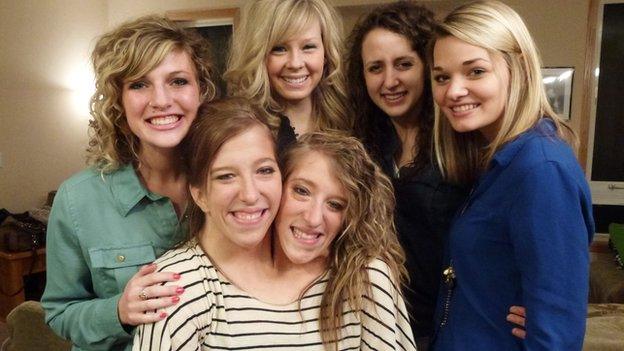Vietnam twins found to have different fathers in rare case
- Published
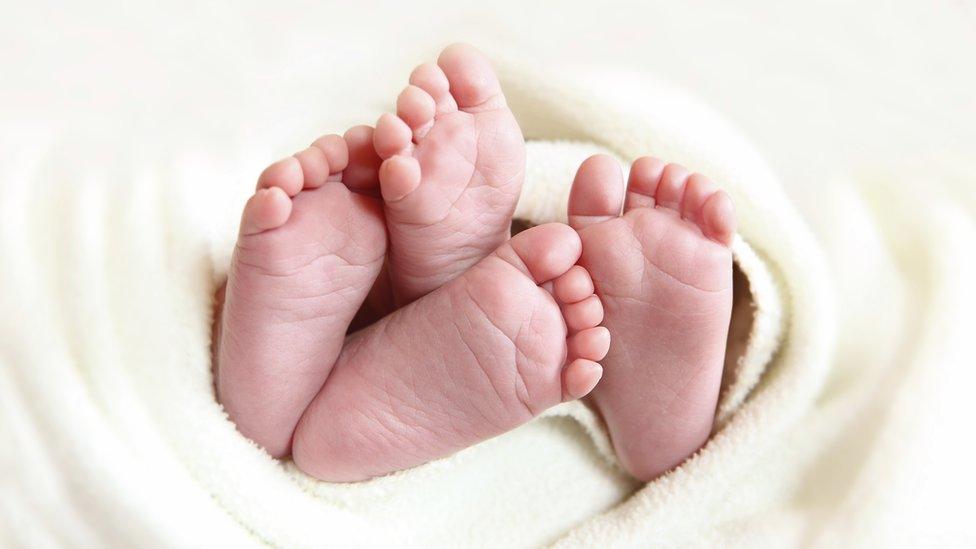
There are only a handful of known cases worldwide of heteropaternal superfecundation
A pair of Vietnamese fraternal twins have been confirmed to have different fathers, a local genetic association has told the BBC.
The twins had their DNA tested after their family noticed they looked different, said local reports.
The occurrence, known as heteropaternal superfecundation, is rare with few publicly known about.
It happens when a woman's eggs are fertilised by two men within a short period of time.
Professor Le Dinh Luong, president of the Hanoi-based Vietnam Genetic Association which did the DNA testing, said the results were "100% correct" in what he called "an extremely rare case".
"There are only less than 10 known cases of twins with different fathers in the world. There might be other cases but the parents and/or the twins were not aware of it or didn't want to announce it," he told the BBC's Nga Pham.
He declined to give further details citing client confidentiality, but added that local reports stating the twins' location, names and timeframe were inaccurate.
Vietnamese news outlets began reporting on the case earlier this month, saying that relatives had noticed that one of the twins looked markedly different from its sibling and parents.

What is heteropaternal superfecundation?
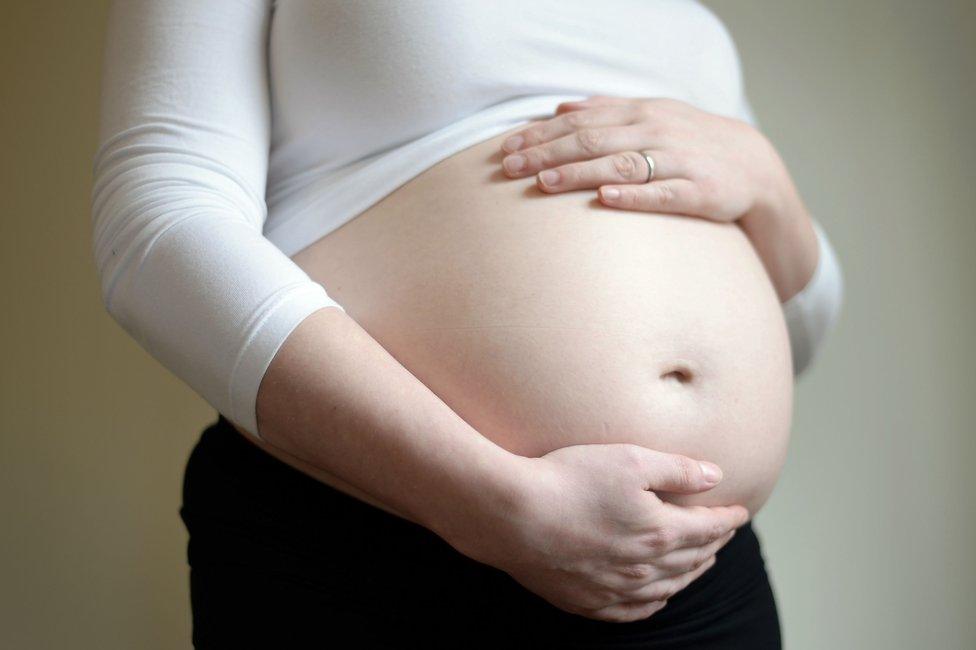
'Superfecundation' refers to the fertilisation of multiple eggs from separate acts of intercourse, and 'heteropaternal' means they are fertilised by more than one father
It can happen when a woman produces multiple eggs in one ovulation period and they are fertilised by different men within a few days
It can also happen if a woman ovulates twice within a short period of time and both eggs are fertilised by different men
Reported cases are very rare - the last case was in 2015 involving twin girls in New Jersey, only the third such case known to ever occur in the US
Turkish media reported a similar case in 2010 involving twin boys
- Published23 October 2024
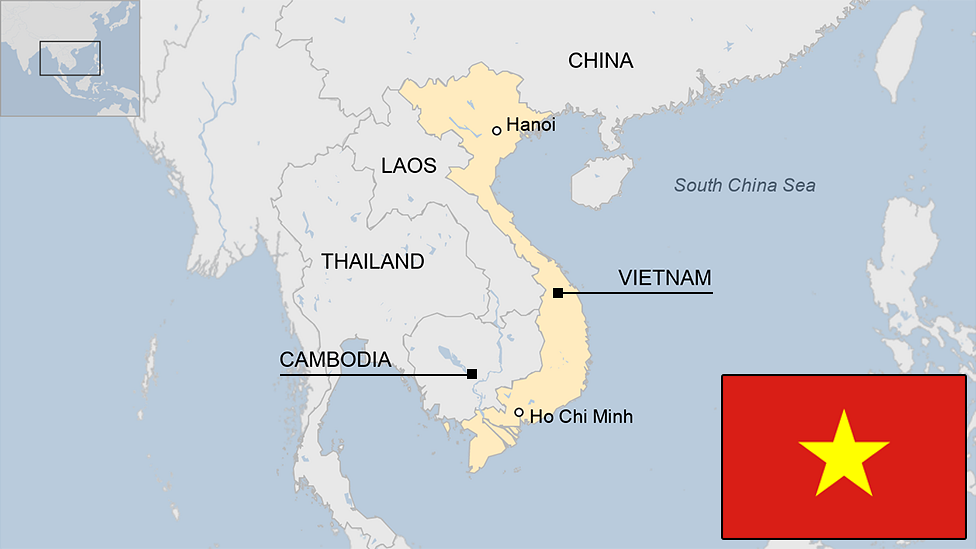
- Published12 May 2014
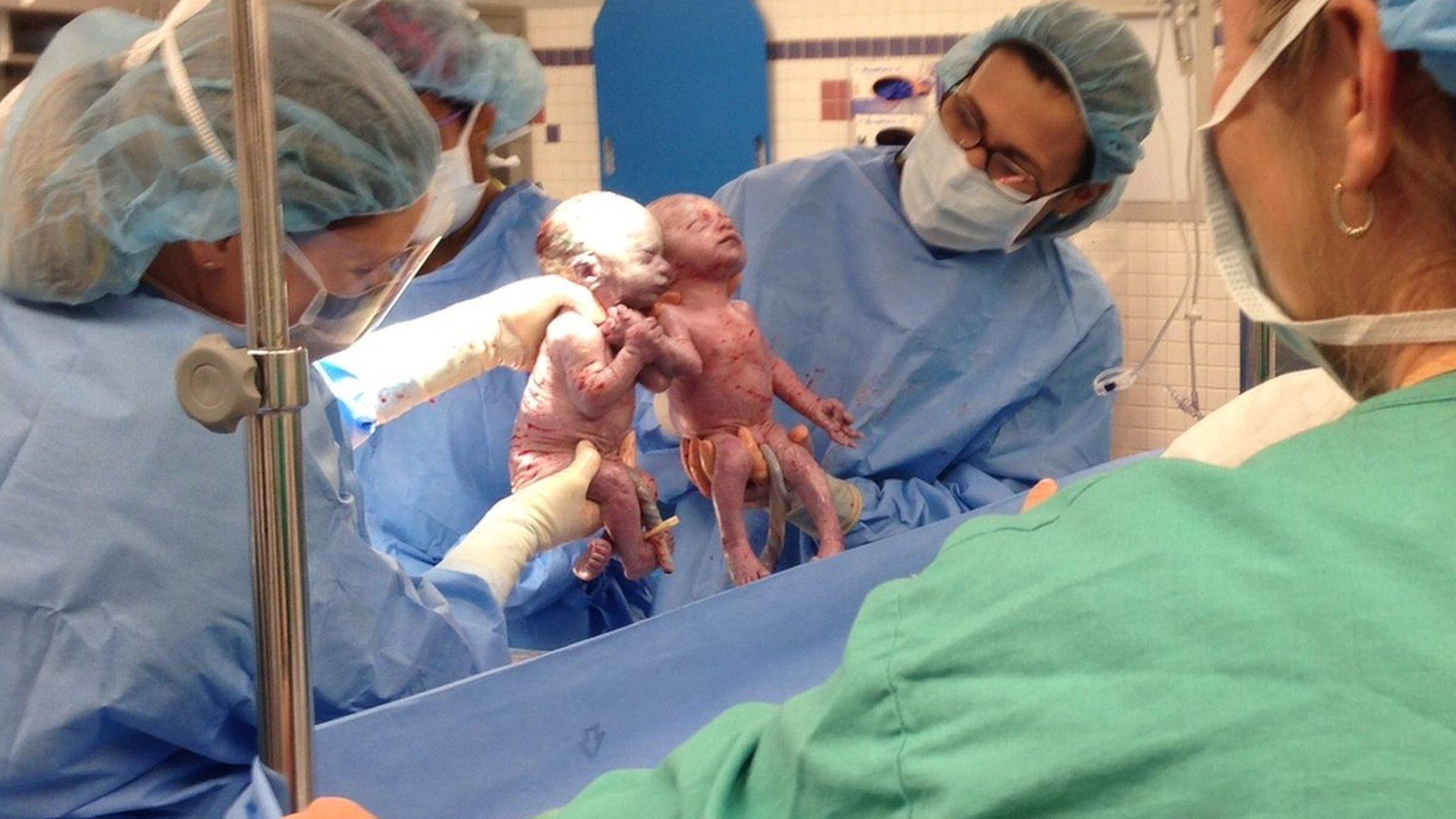
- Published25 April 2013
